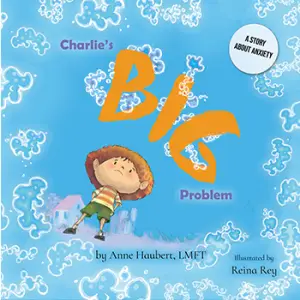A Journey of Resilience: Reflections on Two Old Women by Velma Wallis
When I stumbled upon Two Old Women: An Alaska Legend of Betrayal, Courage and Survival by Velma Wallis, I was instantly captivated by its premise. The idea of two elderly women, cast aside in a frozen wilderness during a brutal winter, sparked a curiosity about human resilience and the bonds of community. As I delved into this 127-page tale, I discovered not only a gripping narrative but a profound testament to strength and survival.
Set against the sweeping Alaskan landscape, Wallis brings to life the harrowing story of two old women—a tale steeped in Athabascan folklore. The narrative centers around a harsh winter when their tribe, facing starvation, reluctantly decides to abandon those they deem burdensome. Initially perceived as mere complainers, these women, who have lived in the shadows of their tribe’s productivity, are left to fend for themselves. What unfolds is a surprising arc of transformation as the women, instead of succumbing to despair, embrace the challenge and discover newfound strength and resourcefulness.
One of the key themes that resonated deeply with me is the exploration of courage in the face of betrayal. Wallis captures the fragile nature of community bonds, especially when survival is at stake. The old women, initially portrayed as burdens, evolve into fierce warriors for their own survival. This shift prompts readers to reflect on the value of elders in our communities—individuals often underestimated, yet possessing rich reservoirs of wisdom and experience. A powerful line from the book echoes in my mind: “If we are going to die anyway, let us die trying.” It serves as a haunting reminder of the human spirit’s innate drive to fight against the odds.
Wallis’s writing style is stark yet poetic, breathing life into both the beauty and brutality of the Alaskan wilderness. Her vivid descriptions transport readers to a realm where every gust of wind tells a story; where survival is as much a physical battle as it is a mental one. The pacing is brisk, perfectly suited for a narrative that seeks to engage and inspire within a short span. I found myself turning pages with urgency, eager to discover if the women would not only survive but thrive.
Indeed, many reviewers found this book to be not just a tale of survival, but a source of inspiration. One reader noted how the story reflects the deeper truths about our struggles today, especially as it resonates with themes of aging and resilience in contemporary society. It encourages a reevaluation of our perceptions of the elderly, urging us to honor their experiences rather than dismiss them.
Two Old Women will undoubtedly resonate with readers who cherish stories of resilience, community, and personal growth. It’s a comforting read that can be enjoyed in a single sitting—a perfect choice for those looking to reflect on their own lives and the powerful legacies we carry.
For me, this book served as a poignant reminder of the strength that lies within us, often waiting to be harnessed in our moments of greatest need. I closed the cover feeling a renewed appreciation for the lessons our elders impart, and a deeper respect for the untold stories of strength that weave through the fabric of our communities. Two Old Women is a beautiful exploration of survival that speaks to the heart with clarity, sweetness, and undeniable wisdom—one that I’ll carry with me long after the last page.






